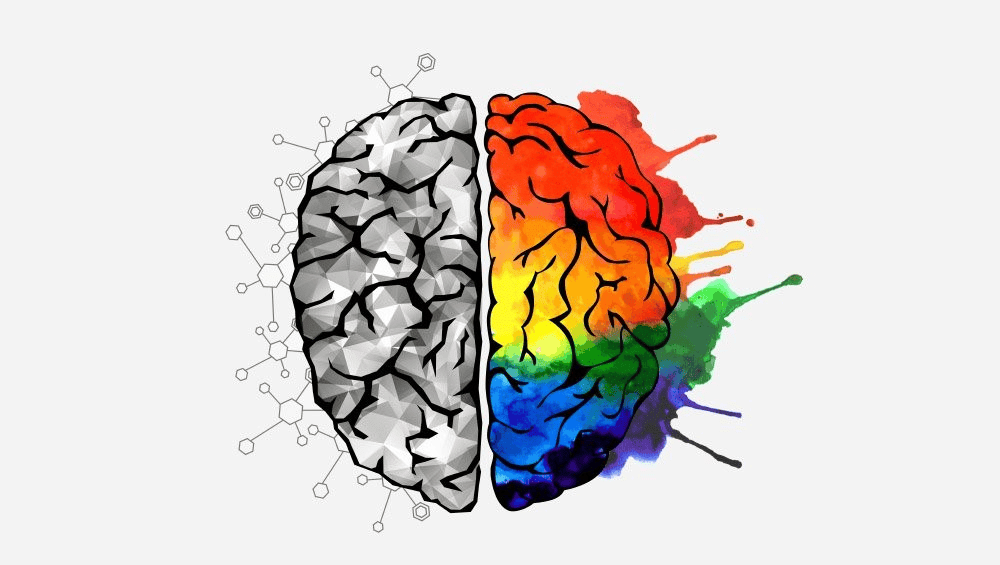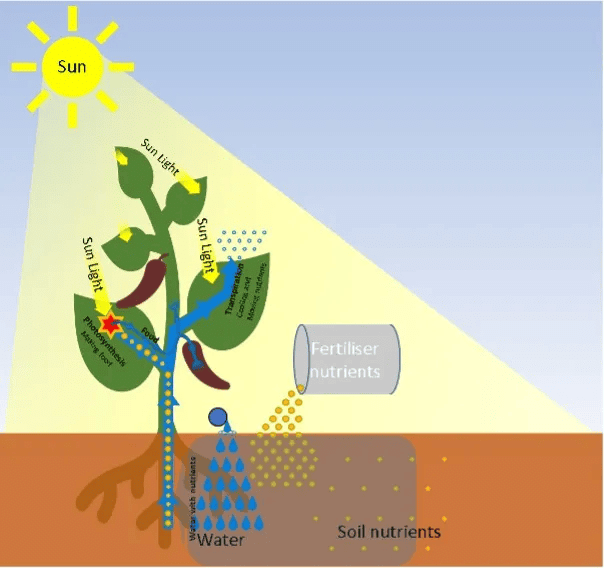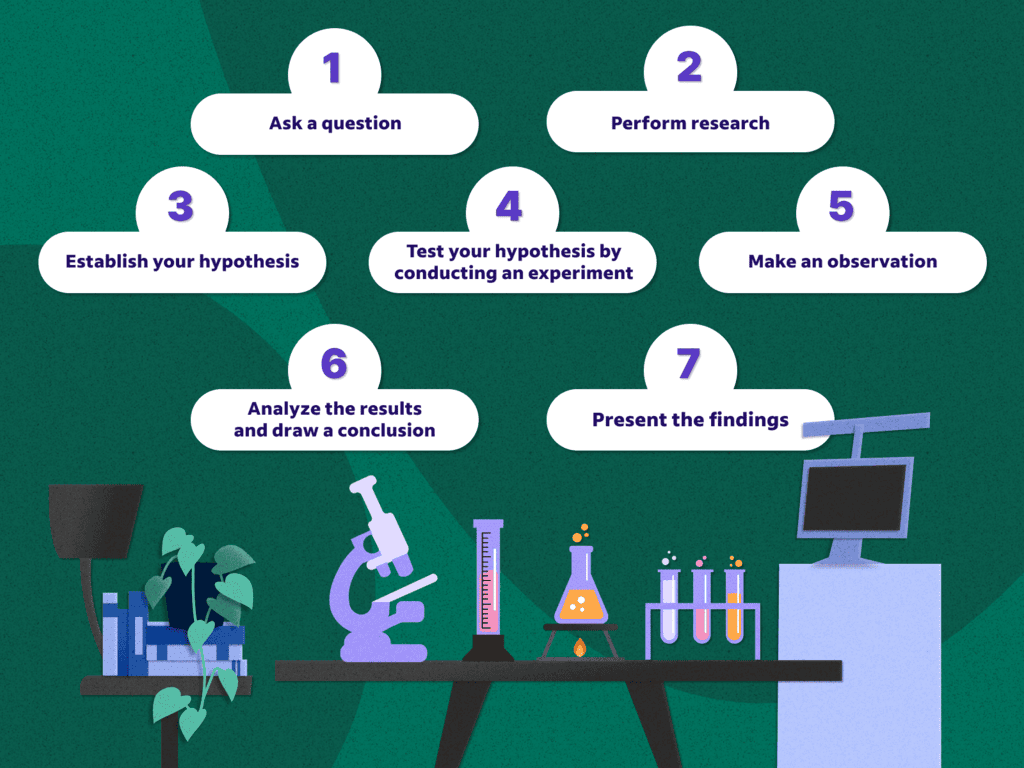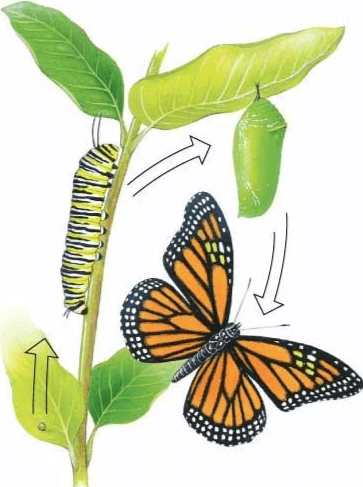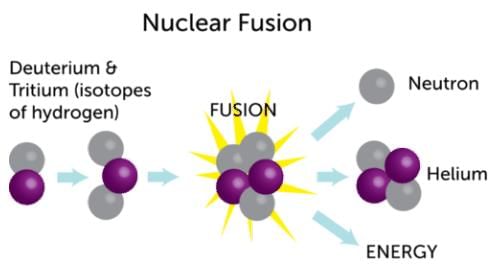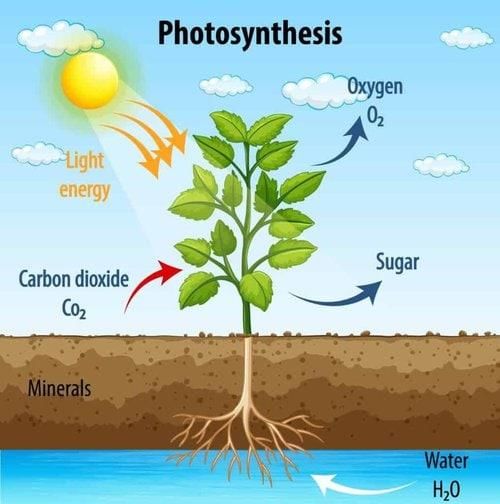|
Curiosity drives individuals to explore, ask questions, and seek understanding about the world, forming the foundation of scientific inquiry.
|
Card: 2 / 28 |
|
Fill in the blanks: A seed needs ___, ___, and ___ from the soil to grow into a plant. |
Card: 3 / 28 |
|
True or False: Science only involves making guesses and does not require experimentation. |
Card: 5 / 28 |
|
False. Science involves making observations, asking questions, forming hypotheses, conducting experiments, and analyzing results.
|
Card: 6 / 28 |
|
Riddle: I am a natural phenomenon that explains why stars shine in the night sky. What am I? |
Card: 9 / 28 |
|
Ecosystems are different environments like forests, oceans, deserts, and wetlands, each with unique plants and animals. They are significant because they help scientists understand biodiversity and the interdependence of life. |
Card: 12 / 28 |
|
Multiple Choice: Which of the following is NOT a component of scientific inquiry? A) Making observations B) Asking questions C) Forming hypotheses D) Ignoring results |
Card: 13 / 28 |
|
Understanding how plants grow allows farmers to optimize conditions for better crop yields. 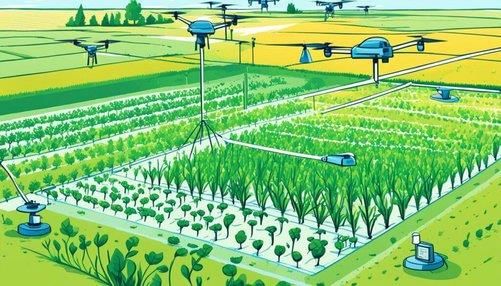 |
Card: 16 / 28 |
|
Food is essential for our growth and energy. In India, what should you consider about the dishes you consume? |
Card: 17 / 28 |
|
One should consider the ingredients used in the dishes and how they are sourced. |
Card: 18 / 28 |
|
Which materials are commonly used in everyday items like paper, keys, and cups? |
Card: 21 / 28 |
|
Analyzing the results is crucial because it determines whether the experimental data supports the hypothesis or if the hypothesis needs to be revised. This step helps scientists draw meaningful conclusions and enhances understanding of the observed phenomena.  |
Card: 24 / 28 |
|
Fill in the blank: If plants grow towards the light, the hypothesis that they do so to get more sunlight for ___ is supported. |
Card: 25 / 28 |
|
Short answer: Describe what happens in the Experiment step of the scientific method. |
Card: 27 / 28 |
|
In the Experiment step, researchers conduct tests or observations to gather data that will either support or refute their hypothesis. This may involve manipulating variables or changing conditions to see how they affect the outcomes. |
Card: 28 / 28 |
 Completed! Keep practicing to master all of them. |





